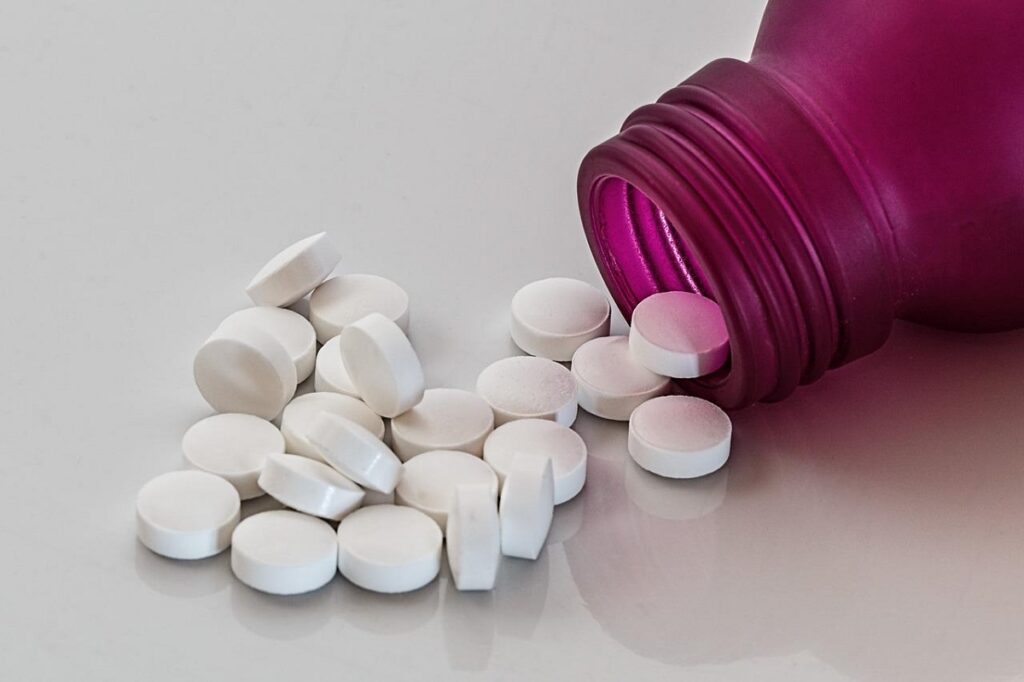Health and Human Services (HHS) Secretary Xavier Becerra is reportedly open to the idea of using the “march-in” provision of the Bayh-Dole Act to control drug prices, saying the so-called march-in rights are “not off the table,” as Axios reported last week.
“We will continue to explore every option we have,” Secretary Becerra reportedly told journalists in response to a question about using march-in rights. “We’ve never taken anything off the table. And we will work on every one of those aspects of lowering drug prices. Why don’t I leave it at that?”
What is the purpose of the Bayh-Dole Act?
The bipartisan Patent and Trademark Law Amendments Act, also known as the Bayh-Dole Act, empowers universities, small businesses, and non-profits to own and license inventions made with federally funded research—turning basic research into tested and approved products.
Bayh-Dole encourages the private-sector investment needed to turn basic government-funded biomedical research into tested and approved products that benefit patients, requires these products to be manufactured domestically, and ensures royalties for universities to further advance basic research and education, as Good Day BIO has explained.
The federal government can “march in” and seize patents, forcing additional licenses under limited circumstances – such as if a company “were to license federally funded technology from an academic institution, but then failed to make a good faith effort to develop it into a product,” as the Licensing Executives Society has explained, according to Joe Allen in IPWatchdog. However, the price of the drug is not an acceptable circumstance, and Democratic and Republican administrations have consistently rejected march-in petitions based on the price of a drug.
“The purpose of the Bayh-Dole Act was not to create a mechanism for the federal government to set prices on successfully commercialized products,” said nearly 100 academic and private-sector innovation experts and organizations, legal scholars, and policy organizations, including the Biotechnology Innovation Organization (BIO) in a letter earlier this year to Secretary Becerra.
Misuse could cause a reduction in market incentives
According to the High Plains Journal, misuse of the Bayh-Dole Act in this way could cause “market incentives” for developing innovations to “evaporate.”
“Companies would be afraid to risk development capital only to lose the fruits because politicians thought their price was not ‘reasonable.’ Scientists might be reluctant to collaborate on significant innovations if they knew they could never share in the profits from them,” the HPJ writes, explaining that using march-in rights to control drug prices would harm medical, technical, and agricultural innovations.
“Any actions taken by the government that may limit that incentive should be heavily vetted across the broader research and design landscape and with an eye toward the long-term greater good. Increasingly, many cutting-edge ag and animal health innovations have greater time, expense, and regulatory pathways to market as well,” Ken Williams, the chief commercialization and licensing officer at K-State Innovation Partners, told HPJ.




